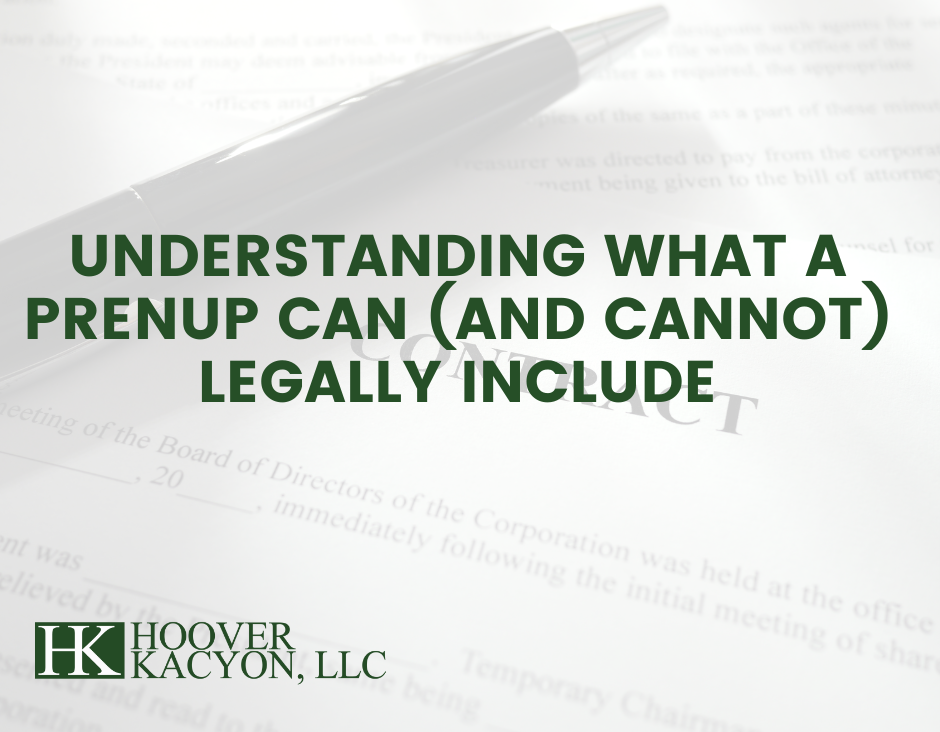
Unhappy with the Terms of Your Divorce Decree?
Once you receive the terms of your divorce decree, you may not like everything you read. Should that be the case, you have options.
Appeal or Object
If a magistrate issued the decree, you need to file an objection before you can appeal. You have 14 days to file an objection. If a judge issued the decree, you have the right to file an appeal or a motion for relief from the judgment. You have 30 days to file your appeal.
Follow Detailed Procedure
When you appeal or object to a divorce decree, you must adhere to the specifics for either option.
With an objection, you need to write it with detailed accounts of what you believe to be errors in the decision. You also need to include the trial transcript. The court can adopt, reject, or modify the decision without a hearing based on your objections.
An appeal needs to follow appellate court rules. Each appellate court has its own rules to “perfect” an appeal, which you must strictly follow so your appeal doesn’t get dismissed. The appeal needs to have the decree attached, a docketing statement, a written order asking the clerk to provide the trial record (referred to as a “praecipe”), and a notice about praecipe in place. You must pay the filing fee when you file the documents. The court will issue a notice with deadlines to submit appellate briefs. These briefs should contain your side of the facts and arguments about what you think should be reversed. Your ex-spouse will have the same opportunity. Then, you both may present your arguments to a panel of three appellate judges.
Other Options
Even after the appeals process ends, the court may change its decision in response to your “motion for relief from judgment.” You may file this motion if:
- A mutual mistake to a fact in the case happens by both parties, your rights are affected by not paying careful attention to the divorce proceeding, unexpected and unpredictable surprise occurs that you could not have protected yourself against, or excusable neglect under the situation
- New evidence emerges that wouldn’t have come to light in time for a new trial
- Other party’s misrepresentation, fraud, or misconduct
- Any other reason justifying a decision change
You must file your motion within a reasonable time, but only up to a year post-decision filing date. There’s no time limit if the reason is “any other reason” that justifies changing the decision.
If you want to legally terminate your marriage or seek advice regarding your rights, we encourage you to contact our Akron, Cuyahoga Falls, or Fairlawn divorce attorneys at Hoover Kacyon, LLC. They are ready to assist you in scheduling an appointment to discuss the possibility of divorce (or terms of your divorce decree) and what it will entail. If you have been served with divorce papers by your spouse, acting promptly and securing legal representation is crucial.
You must meet specific court-mandated deadlines, and by contacting us at
330-922-4491 or
reaching out to us online, we can swiftly arrange an initial consultation for you.
Recent Post






You Might Also Like






You Might Also Like










You Might Also Like













